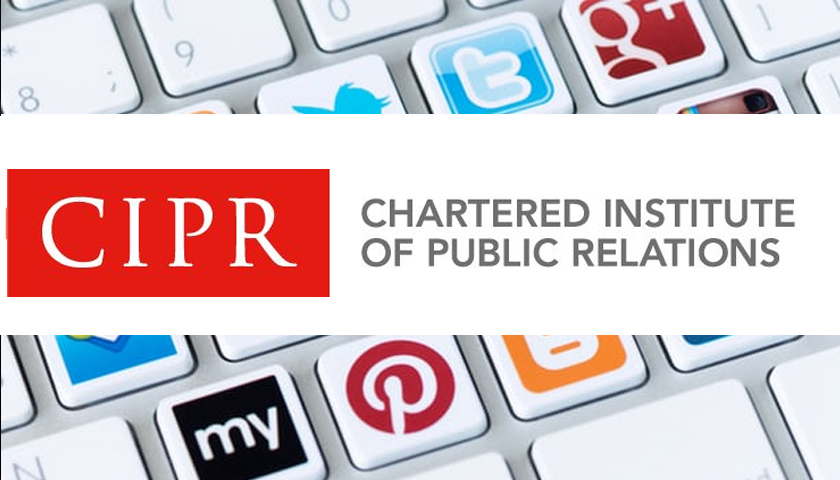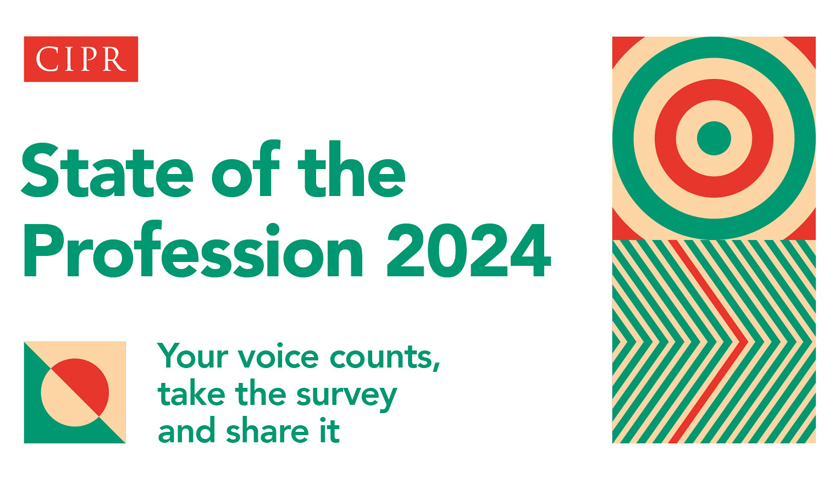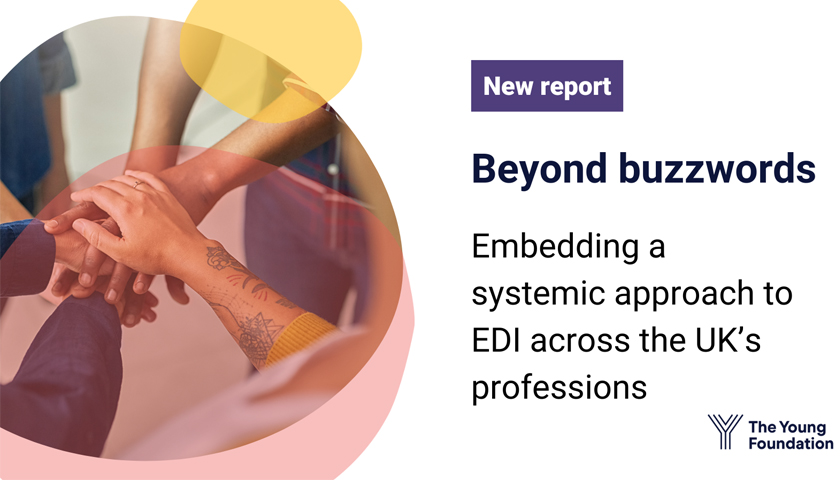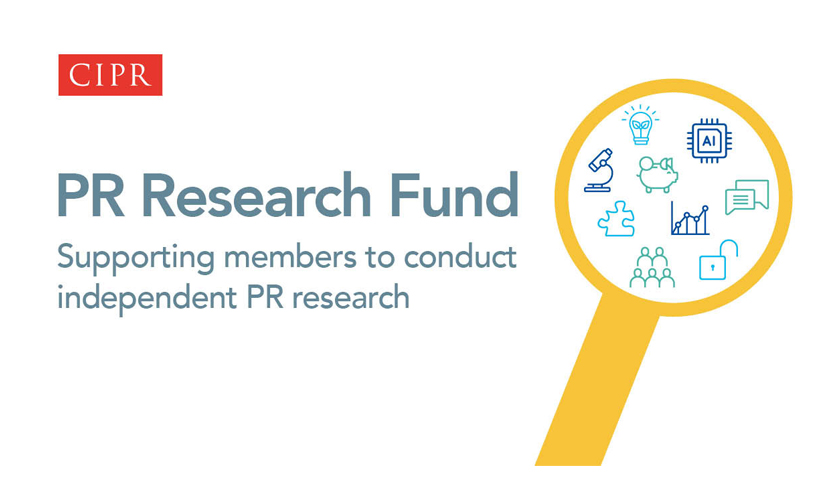More than a quarter (28%) of the public relations workforce are privately educated – four times the national average – according to figures revealed in the CIPR‘s 2018/19 State of the Profession report(PDF).
The study – delivered in partnership with Chalkstream – shows privately educated PR Professionals secure more senior roles and earn an average of £13,000 more per year than state-educated colleagues.
The findings are compounded by diversity figures which reveal BAME representation has hit a five-year low, with 92% of PR professionals describing themselves as white. Practitioners claim to believe PR is more effective when practiced by diverse teams, but the data raises serious questions over whether the industry is truly committed to addressing its diversity crisis.
Department for Education figures for England reveal ethnic minorities comprise 31% of the primary school population, yet only 8% of PR professionals are from BAME backgrounds. The decline of ethnic minorities in PR is at odds with UK population trends and poses a long-term threat to the relevance and staying-power of an industry which should reflect the society is seeks to engage.
The report also lifts the lid on a mental health epidemic facing the profession, with around a quarter (23%) of practitioners saying they took sickness absence from work on the grounds of stress, anxiety or depression.
The nature of PR work contributes directly to poor mental health amongst practitioners, according to the report. More than a fifth (21%) of respondents said they had a diagnosed mental health condition and over half (53%) said work contributed highly to their diagnosis, with unrealistic deadlines and unsociable hours cited as common causes.
Worryingly, the report reveals a significant number of line-managers fail to address mental health concerns amongst employees. Almost a quarter (23%) of respondents who discussed concerns about their mental health with a manager said that nothing happened as a result of those conversations.
Other key findings include:
- Steady commercial growth – average salaries increased slightly to £53,000 and the majority of in-house teams (84%) and consultancies (96%) are either growing or stable in size.
- Is social on the slide? – social media relations fell from the fifth most common PR activity to the ninth – the biggest shift of any task over the last year.
- Modest progress on gender pay – salary calculations, which consider all factors influencing pay such as length of service and prevalence of part-time work, reveal the pay inequality gap between men and women has fallen by £1,523 to £5,202.
- Financial reward for professionalism – those who hold CIPR membership (£2,963+), professional qualifications (£3,800+) or Chartered Practitioner status (£18,000+) earn higher average salaries than those without professional credentials.
- Senior skills gap – there’s a notable difference in the skills recruiters want and what senior professionals have to offer, including ‘research, evaluation and measurement’, ‘PR and corporate governance’ and ‘people management’.
This report identifies clear challenges and opportunities for the PR industry. Diversity is an issue we must tackle head on. Talent doesn’t have a postcode and it isn’t determined by skin colour. Our industry has to work harder to be inclusive. Similarly, mental health is a growing area of concern and we must be proactive in changing working practices and shifting the ‘always on’ culture that contributes to the problem.
Emma Leech Found.Chart.PR FCIPR, CIPR President
There are positives, however. The report shows steady commercial growth with some progress on gender pay. There’s a positive groundswell around professionalism which is good news as we build a community of Chartered Practitioners.
The PR industry agrees that diversity is important for attracting the best talent to bring fresh thinking, creativity and insights into new audiences, but our actions speak louder than our words. And our actions are building a profession of white, ex-public school professionals; we are less diverse than in previous years.
Avril Lee MCIPR, Chair of the CIPR Diversity and Inclusion Forum
Who can make our industry a fairer place where there is opportunity for all? You! Every manager, every employee, every agency leader – we all need to challenge outdated and biased recruitment and retention policies. We are all responsible for shaping the future of our industry by establishing workplace cultures in which all talent is judged fairly and given an equal opportunity for progression. Without those inside changing the status quo, those outside will remain locked out and our profession will be the poorer for it.
CIPR State of the Profession 2019 from Chartered Institute of Public Relations



